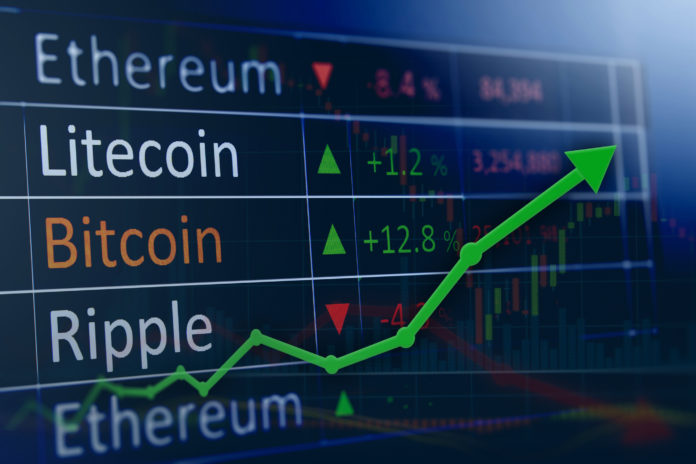Among the key characteristics of any process is speed. When applied to financial transactions, this means that the expression “time is money” takes on a direct meaning.
The speed of transaction processing depends on how quickly the money will be credited to your account. Different coins differ greatly in speed and moreover, the overall speed of BTC to XRP exchange is determined by the slower coin.
Features of blockchain technology
In essence, blockchain is a technology based on a distributed ledger. Initially, this technology was created for the financial sector. Money transfers on the blockchain are faster than bank transfers, they are cheaper and more convenient.
Why transaction speed is so important
Transaction speed is one of the parameters expressing the ability of the blockchain to transfer data (and this applies not only to finance, but in general to any other data) and to confirm the transfer of funds from the sender to the recipient.
Several factors affect the processing speed:
- Network congestion. The higher the network load, the more likely the slowdown in data transfer.
- The amount of data sent. Large amounts of data take longer to process and transaction processing slows down.
- Commission size. In different networks, the slowdown of transactions is also possible due to too high or too low fees.
The fastest cryptocurrencies
So which cryptocurrencies have the fastest blockchain transactions per second?
Each more or less serious cryptocurrency project seeks to surpass the existing ones in any of the key indicators. And I must say that the battle for speed occupies the minds of many crypto enthusiasts. Already today there are young crypto projects, the creators of which claim that they can process millions of transactions per second. However, it is premature to talk about them seriously, at least until they have confirmed their viability. Therefore, we will focus on cryptocurrencies with an already established reputation, which have historically confirmed their real value.
EOS
The EOS platform is designed to run decentralized applications and has the technical capabilities to support large-scale applications from the start. The maximum possible speed of the EOS blockchain is 2,800 transactions per second.
Ripple
Ripple (XRP) has been around since 2012. The coin’s creators set out to develop and implement technology that could help improve the classical financial system.
The solution had to be as secure as possible, cheaper and more efficient in comparison with the existing mechanisms of bank transfers. In the context of the stated goal, speed was of paramount importance. This is how Ripple, the fastest intermediary coin at the time of its creation, was born. The XRP blockchain processes about 1,500 transactions per second.
NEO
The NEO project aims to create a distributed smart economy system. The seriousness of intentions was reflected in the already implemented technical innovations. The blockchain supports different types of digital assets and smart contracts. The transaction processing speed is about 100 transactions per second.
Cryptocurrency market veterans Bitcoin and Ethereum are not included in this list. They were the first and at the dawn of the crypto era, their speeds were unrivaled. The unchanging leaders, №1 and №2 of the cryptocurrency market, are still far superior to their closest competitors.
And yet this circumstance is not yet a reason to relax and rest on our laurels. The Ethereum team is working on Ethereum 2.0, which is expected to reach 10,000 transactions per second. However, planning and achieving is not the same thing. It will be possible to say whether the updated Ethereum will become the fastest cryptocurrency in the TOP-10 market leaders only upon launch.





